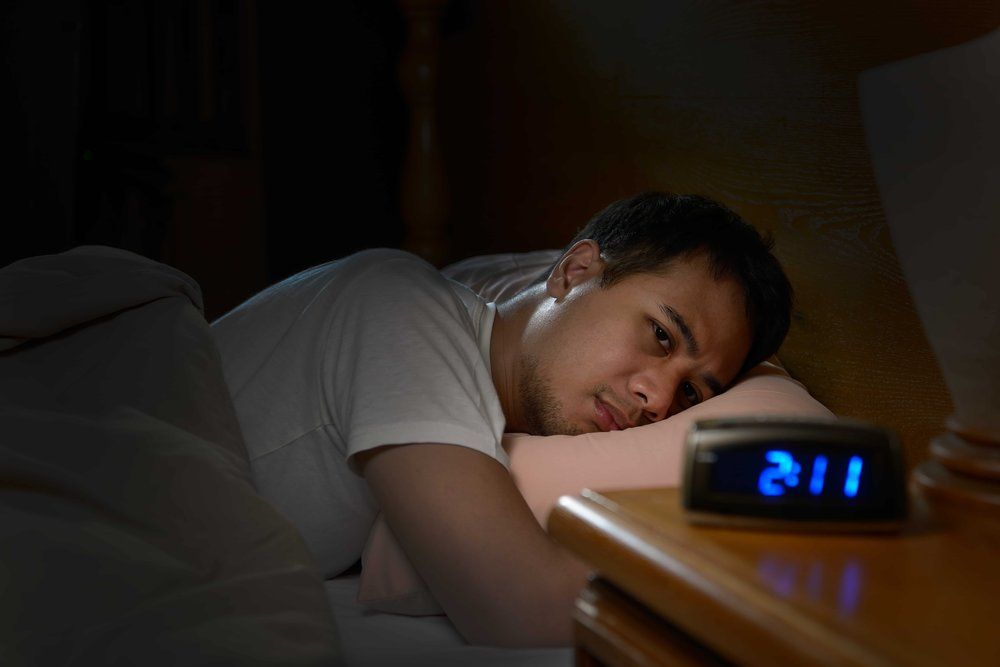Eat to sleep
If you are looking to get a good nights sleep, a cold shower, less screen time and a dark room will help, you may not realise that the food you eat will have a huge impact on your sleep quality and pattern.
The effects on our hormones
Sleep deprivation causes major changes in our hormones which affect our mood, energy levels and appetite. A study conducted by The University of Chicago found that restricted sleep has an influence on our hormone levels; there was on an average a 28% increase in ghrelin (hormone that triggers hunger) and an average 18% decrease in leptin (a hormones that tells the brain we are satisfied). So, what happened? You guessed it, people crave salty, fatty and starchy foods.
Other complications of sleep deprivation:
- Low sex drive
- Poor immunity
- Memory loss
- Increased risk of metabolic syndrome
- Daytime drowsiness
- Cancer risk

Eat to Sleep
Now we know that the quality of sleep has an impact on what we eat, the same applies both ways. Both the food we eat and our eating habits can change our sleep patterns and behaviours.
Embarking on a low-carb, low-sugar and ZERO ultra-processed food diet will help you to lose weight, restore insulin levels and improve our overall health. It also increases the good bacteria in our gut and essentially make us feel good through the production of serotonin. Serotonin acts as a neurotransmitter in the brain and helps modulate melatonin in the evenings; melatonin is the hormone primarily responsible for sleep.
Great food to help you sleep:
- Oily fish- high in both omega-3 fatty acids and vitamin D, both of which have been recognised to increase levels of serotonin.
- Nuts and seeds- they are high in magnesium, commonly referred to as the sleep mineral which helps to reduce adrenaline levels which relaxes the brain.
- Green vegetables- help with the production of melatonin which is found in broccoli, asparagus and cucumber.
- Potato starch (NB starch NOT powder) which act like a fertiliser for the good bugs that help generate sleep chemicals





